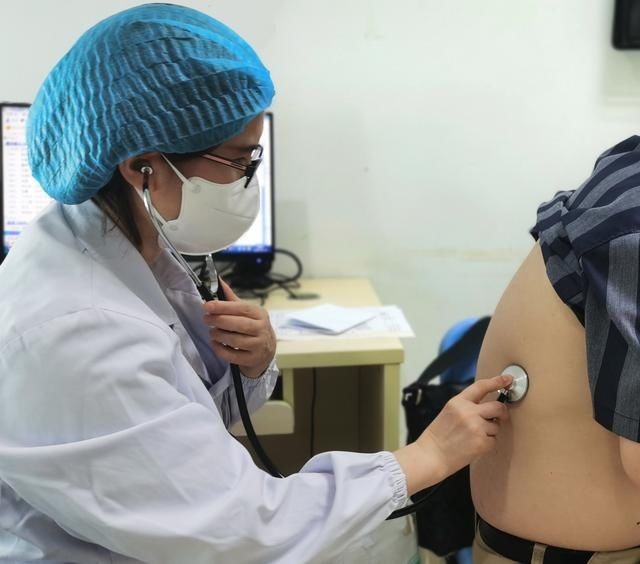Source: Wuhan Pulmonary Hospital
Correspondent: Zhang Quanlu
The 68-year-old father Xia has not been home for nearly 5 months. In the past five months, he has been hospitalized and transferred one by one, and he has experienced five hospitals successively. It turned out that the two diseases, cerebral hemorrhage and aspiration pneumonia, seemed to have formed a tacit understanding. They “kidnapped” him together, and jointly tied him with a “dead knot”. Doctors trying to treat pneumonia may cause the brain hemorrhage to recur. Treatment is in a dilemma. Until I came to Wuhan Pulmonary Hospital, the “dead knot” that had been entangled for nearly 5 months was gradually unraveled on March 1.
Dad Xia is from Wuhan. On August 29 last year, he was sent to the hospital for surgical treatment and tracheotomy due to cerebral hemorrhage. After the operation, Daddy Xia had been bedridden with confusion, coughing and expectoration. On re-examination, he was found to have aspiration pneumonia.
When the sputum in the lungs exists for a long time, the effect of simple antibiotic treatment is limited, and the sputum must be completely sucked out to reverse the treatment situation. However, sucking sputum deep into the lungs under a bronchoscope can easily lead to elevated blood pressure in hypertensive patients, leading to cerebral hemorrhage again.
There is no cure, and neither can it be cured. Doctors are in a dilemma. They can only suck out part of the sputum through blind suction through the catheter, which leads to the inability to effectively control the disease. At the same time, the wound of the tracheotomy is also can never be closed. Daddy Xia had to keep tossing and turning, and was hospitalized in 4 hospitals successively.
On February 19, Daddy Xia moved to the fifth hospital, Wuhan Pulmonary Hospital. Du Ronghui, director of the Respiratory Department, learned about Dad Xia’s tortuous treatment experience, and after doing an in-depth examination and understanding of the current condition, he comforted Dad Xia confidently, and this time there was no need to transfer to another hospital.

Du Ronghui is auscultating the patient
Du Ronghui said that after cerebral hemorrhage, Daddy Xia’s neural reflex Weakened, resulting in dysphagia or uncoordinated glottis closure, suppressed cough firing, easy inhalation of foreign objects or food into the airways, insufficient coughing strength, and reduced ability to block germs from entering the lungs through coughing. Therefore, suffering from aspiration pneumonia, And the area of pneumonia lesions showed a trend of continuous expansion.
Sputum suction can easily lead to cerebral hemorrhage again, and pneumonia without sputum suction will exacerbate. How does Director Du solve the dead knot that the four hospitals failed to solve? She said that precise timing, skilled sputum suction skills, antibiotic treatment for target pathogens, and integrated Chinese and Western medicine are four important aspects.
During the treatment, Du Ronghui’s team carefully monitored Daddy Xia’s various physical indicators. When his blood pressure and vital signs were very stable, he performed a bronchoscope suction operation at the bedside. The operation was very smooth, and the sputum that had accumulated in Daddy Xia’s lungs for nearly five months was completely removed. After that, with the help of antibiotics, the residual bacteria were gradually eliminated, and the pneumonia lesions gradually shrank. At the same time, the Department of Traditional Chinese Medicine participated in consultation and treatment, and accelerated Daddy Xia’s recovery process through acupuncture, acupoint sticking, and taking traditional Chinese medicine to resolve phlegm.
At present, Daddy Xia is recovering well, and the wound that was cut by the tube has been successfully closed. He can be discharged from the hospital this week.
Director Du Ronghui introduced that patients with cerebral hemorrhage often have weakened nerve reflexes and are prone to suffer from aspiration pneumonia. Therefore, they should pay more attention to respiratory health and prevent micro-duplication. Once cerebral hemorrhage and aspiration pneumonia appear in the same patient at the same time, the treatment is often in a dilemma, and it should be treated in a professional medical institution in time.
Reviewed by: Hu Haiyan